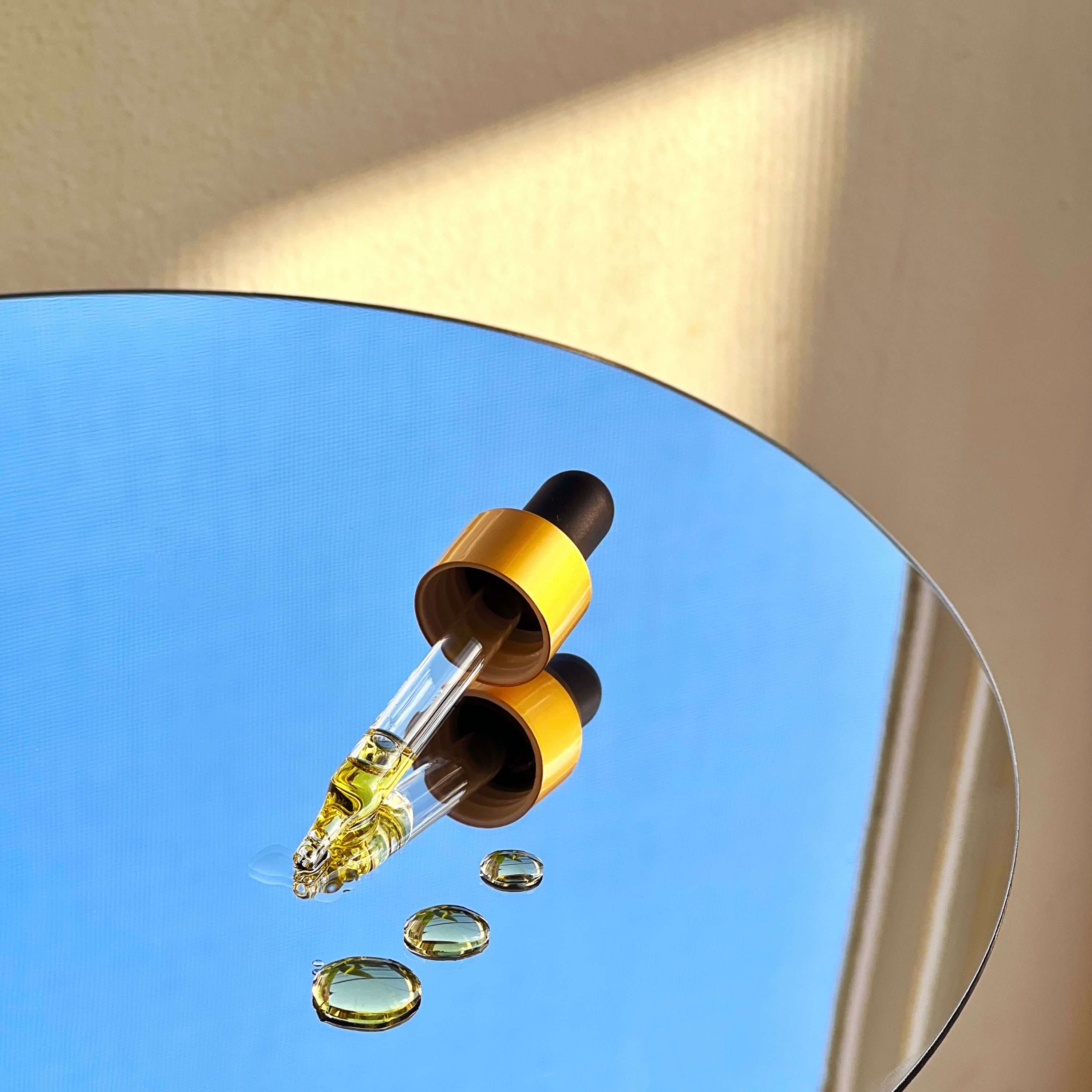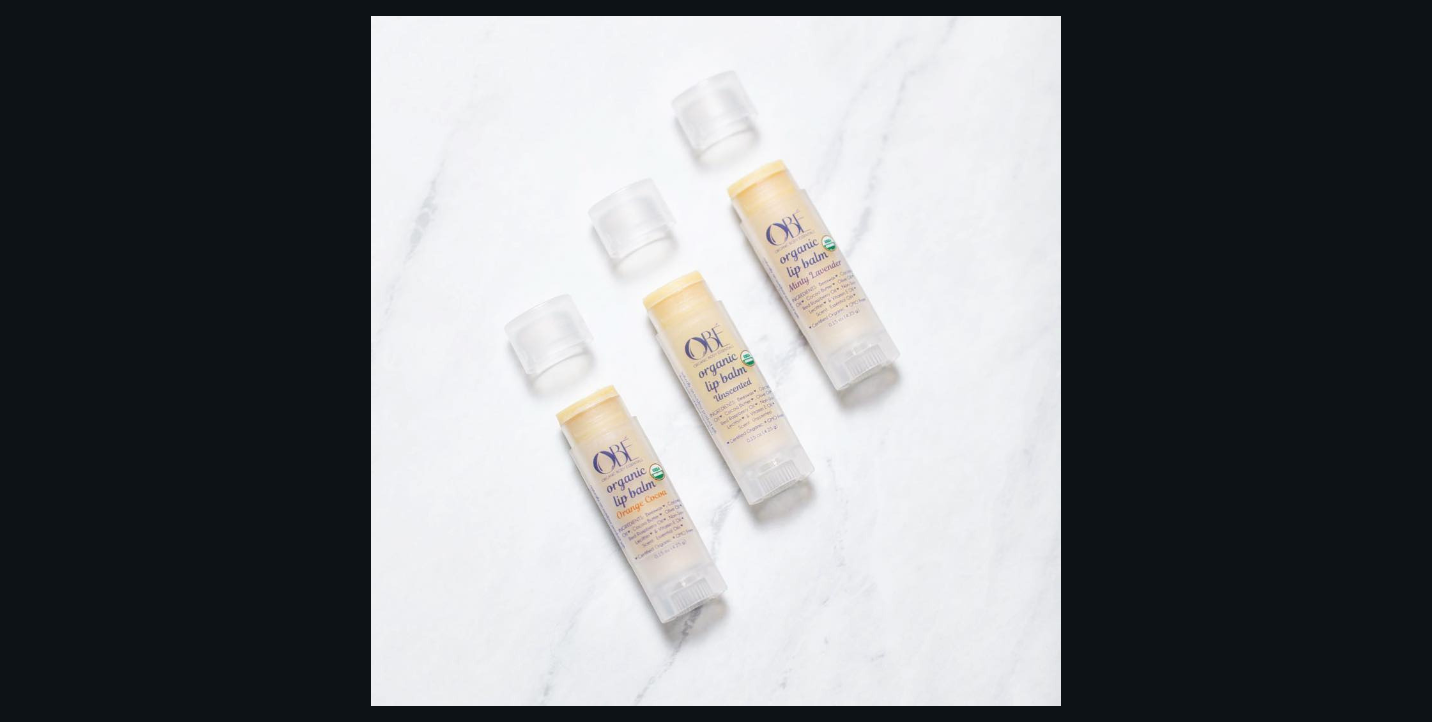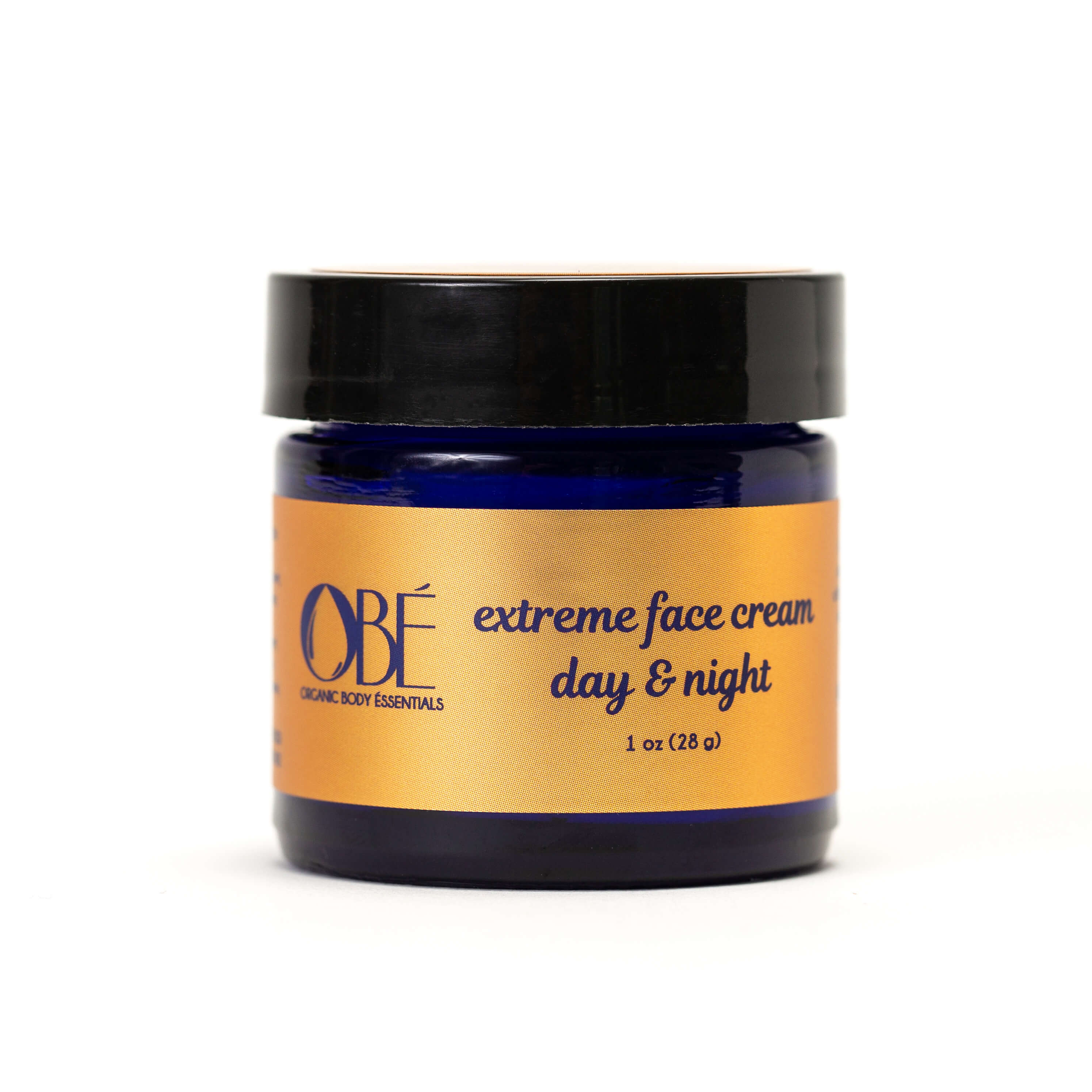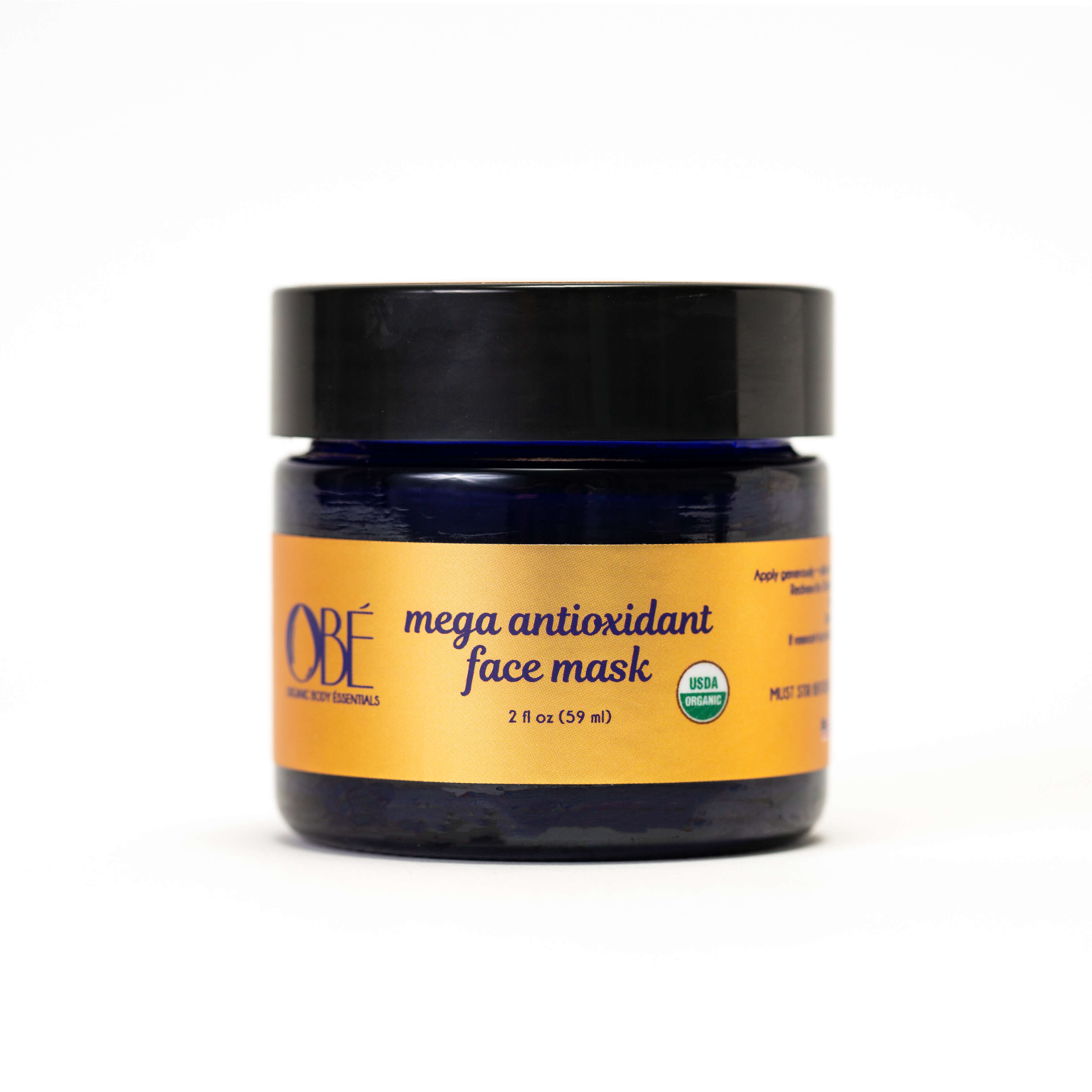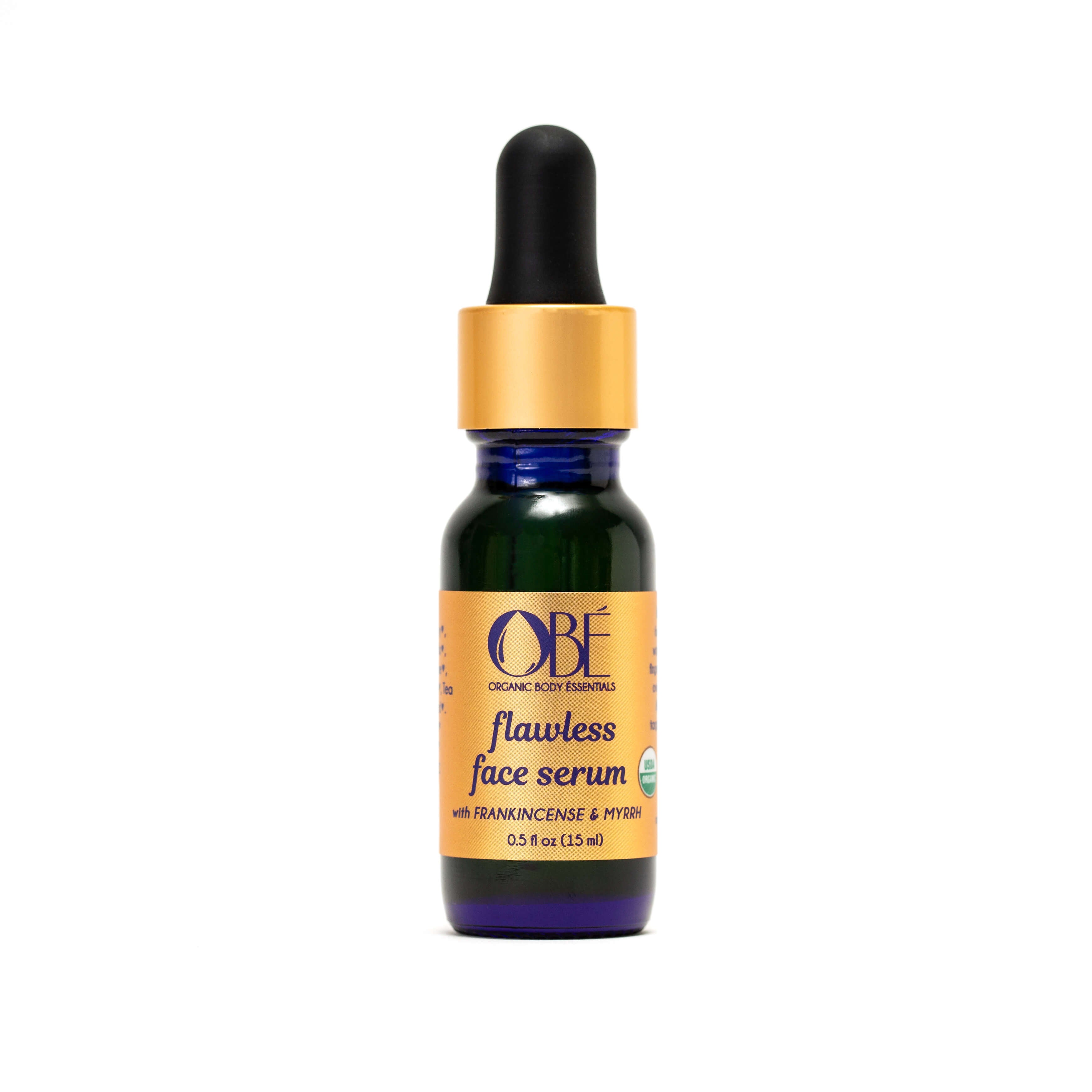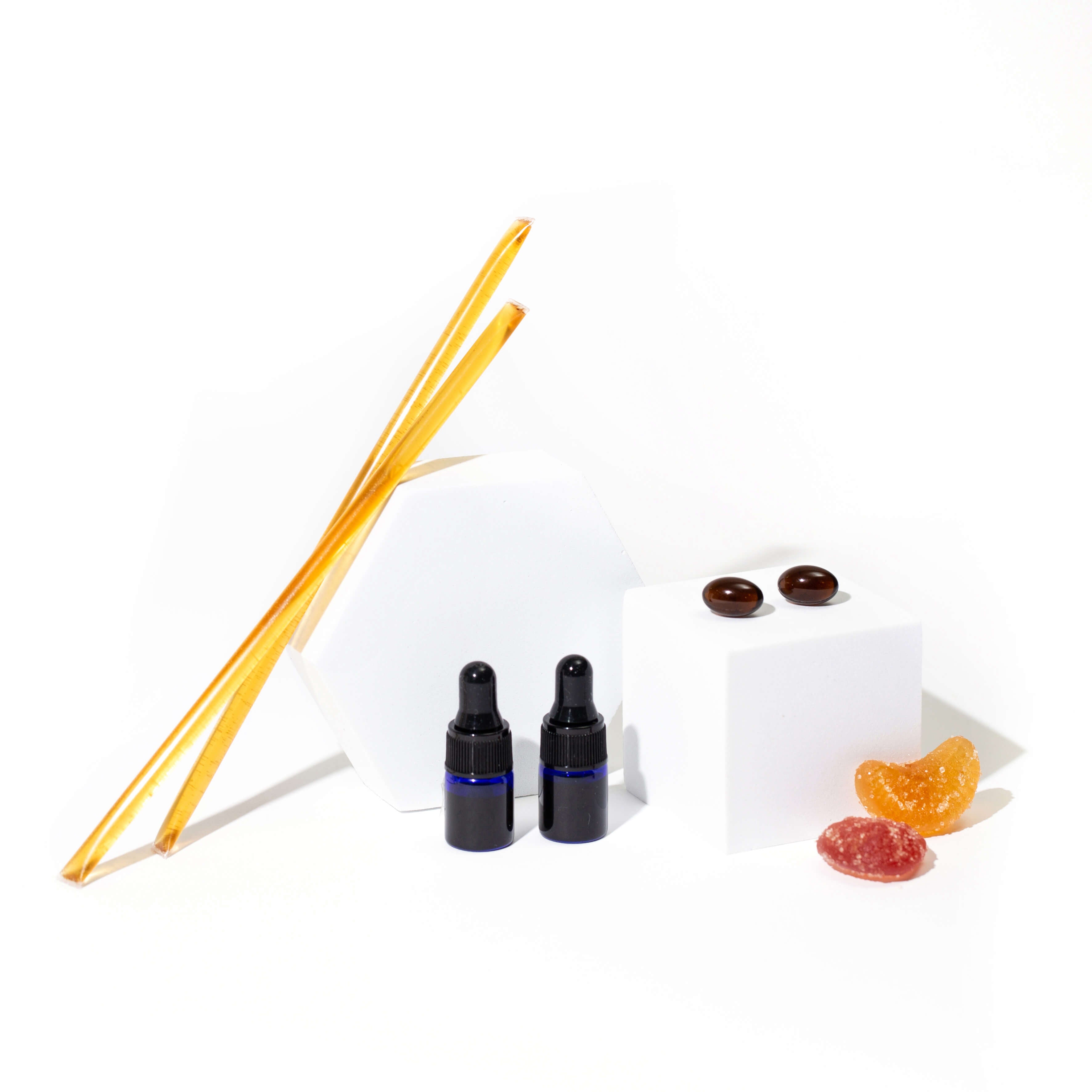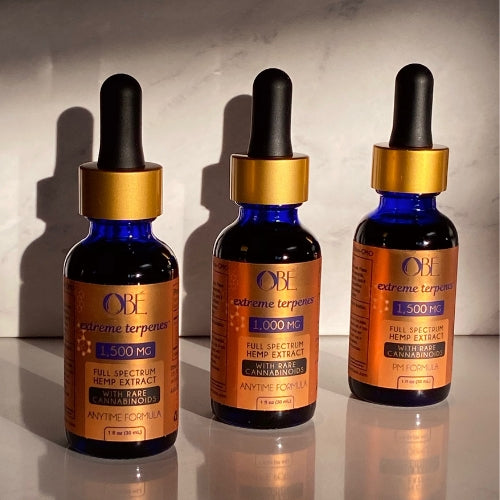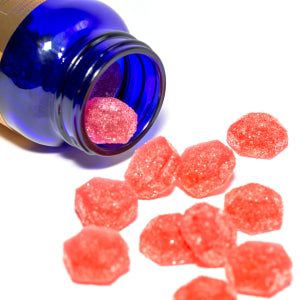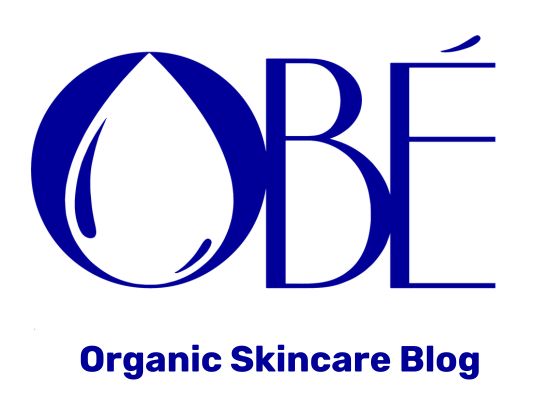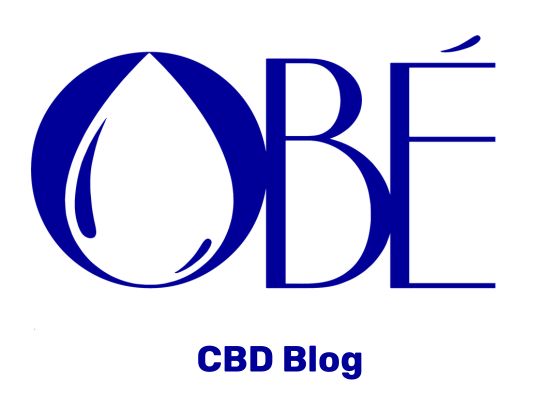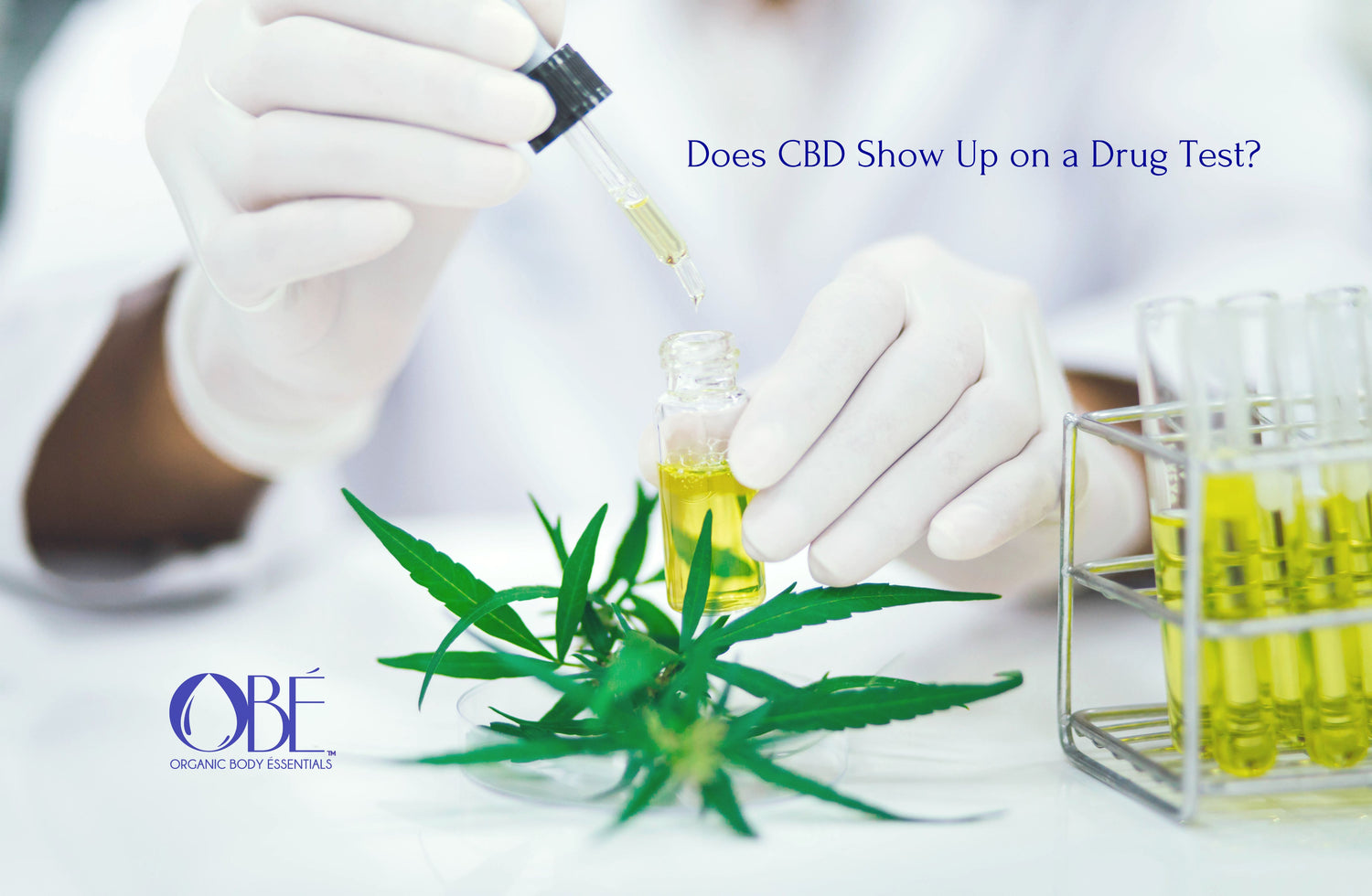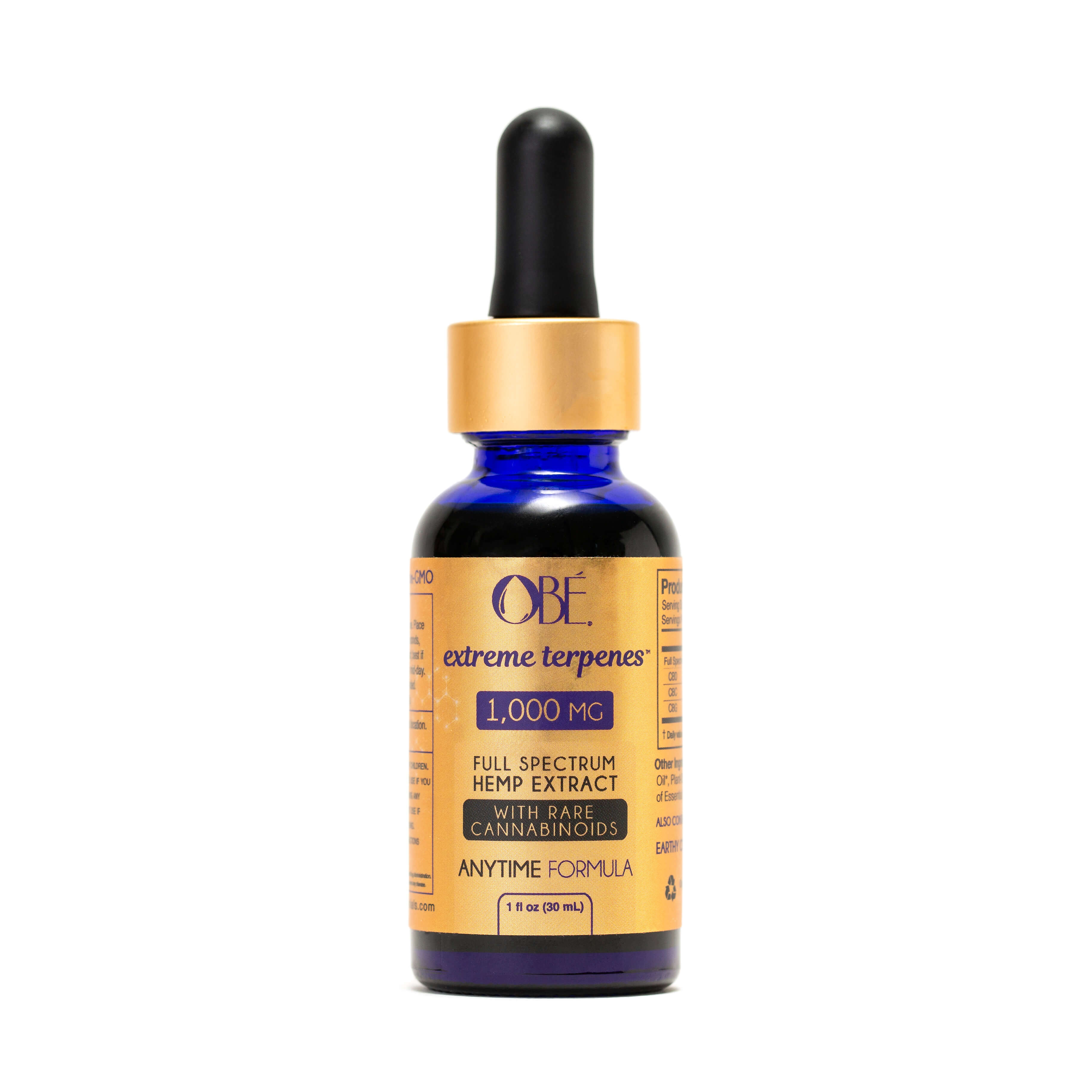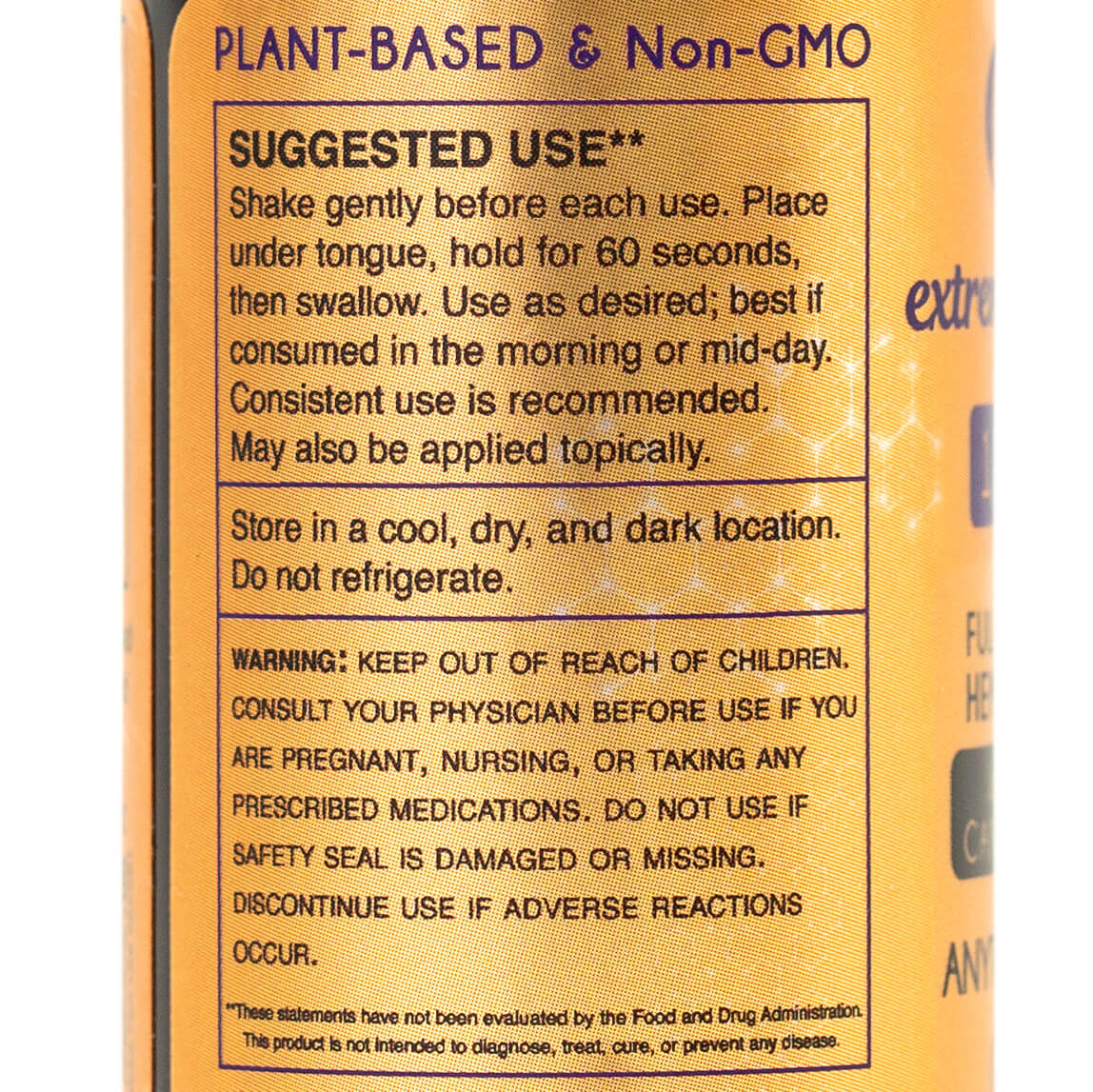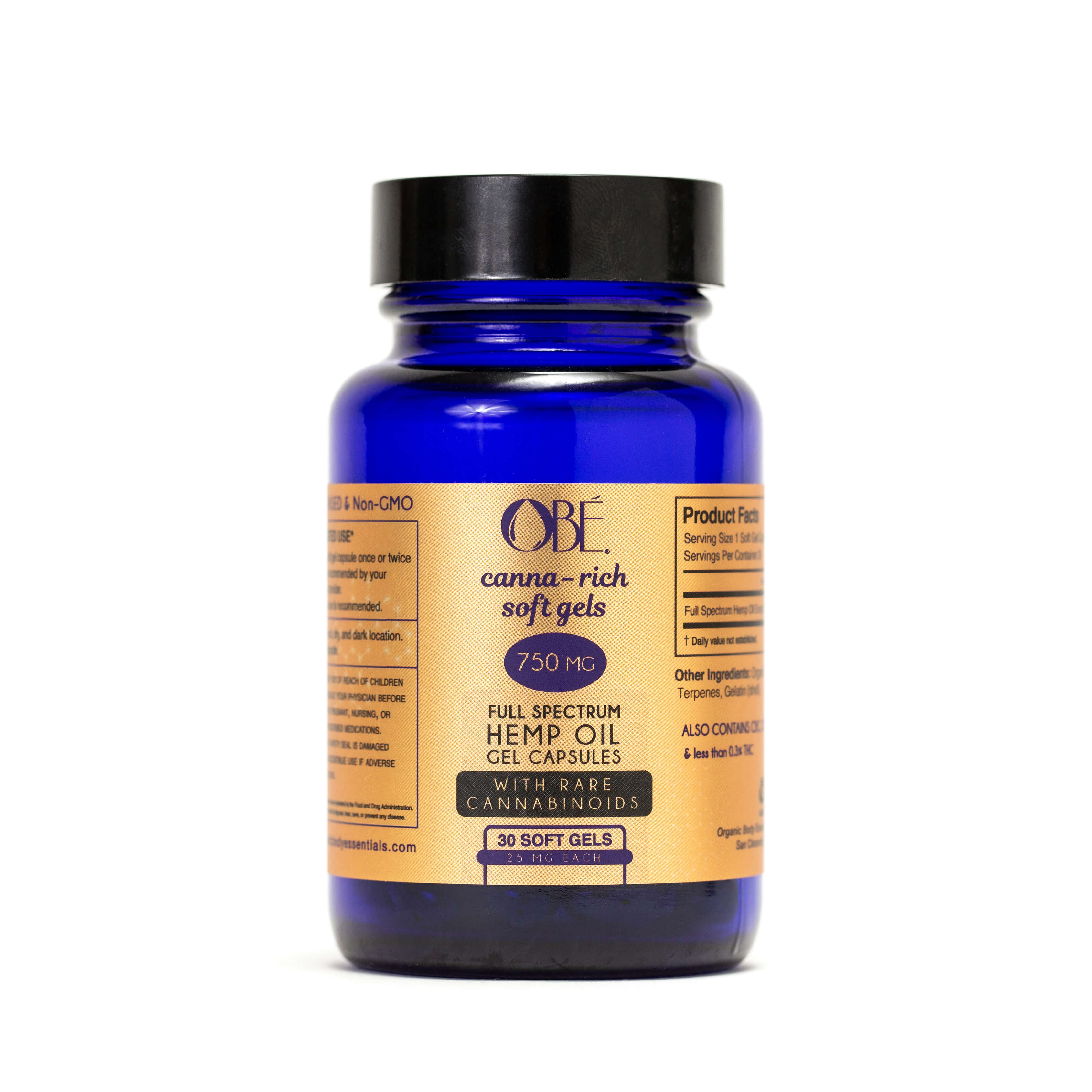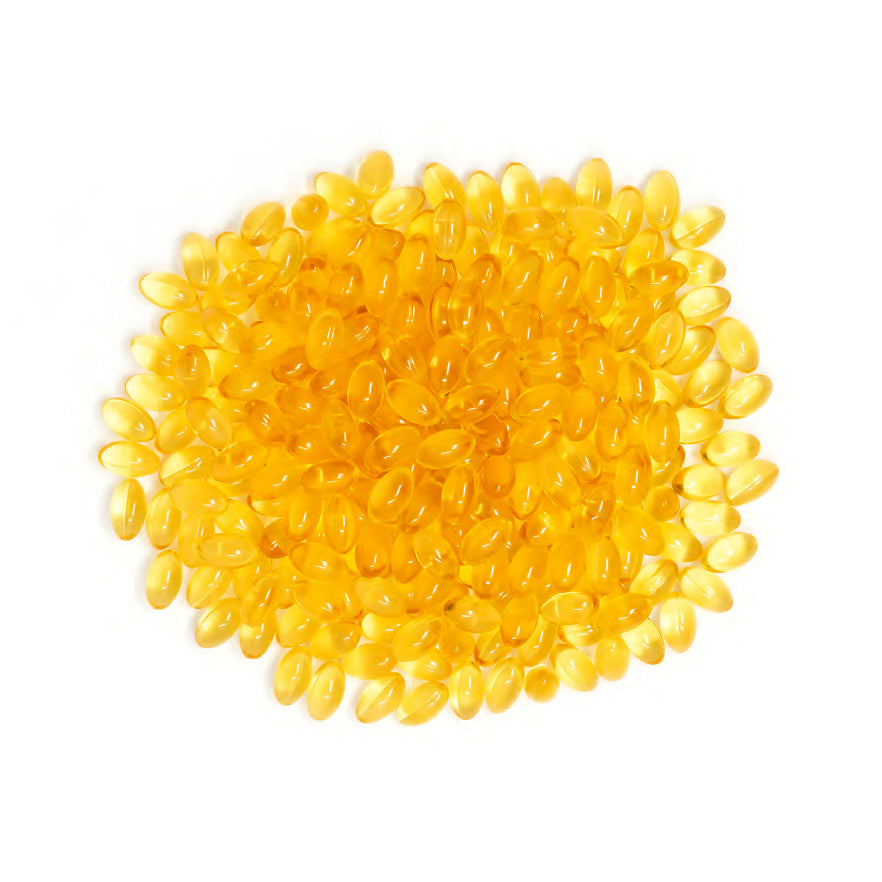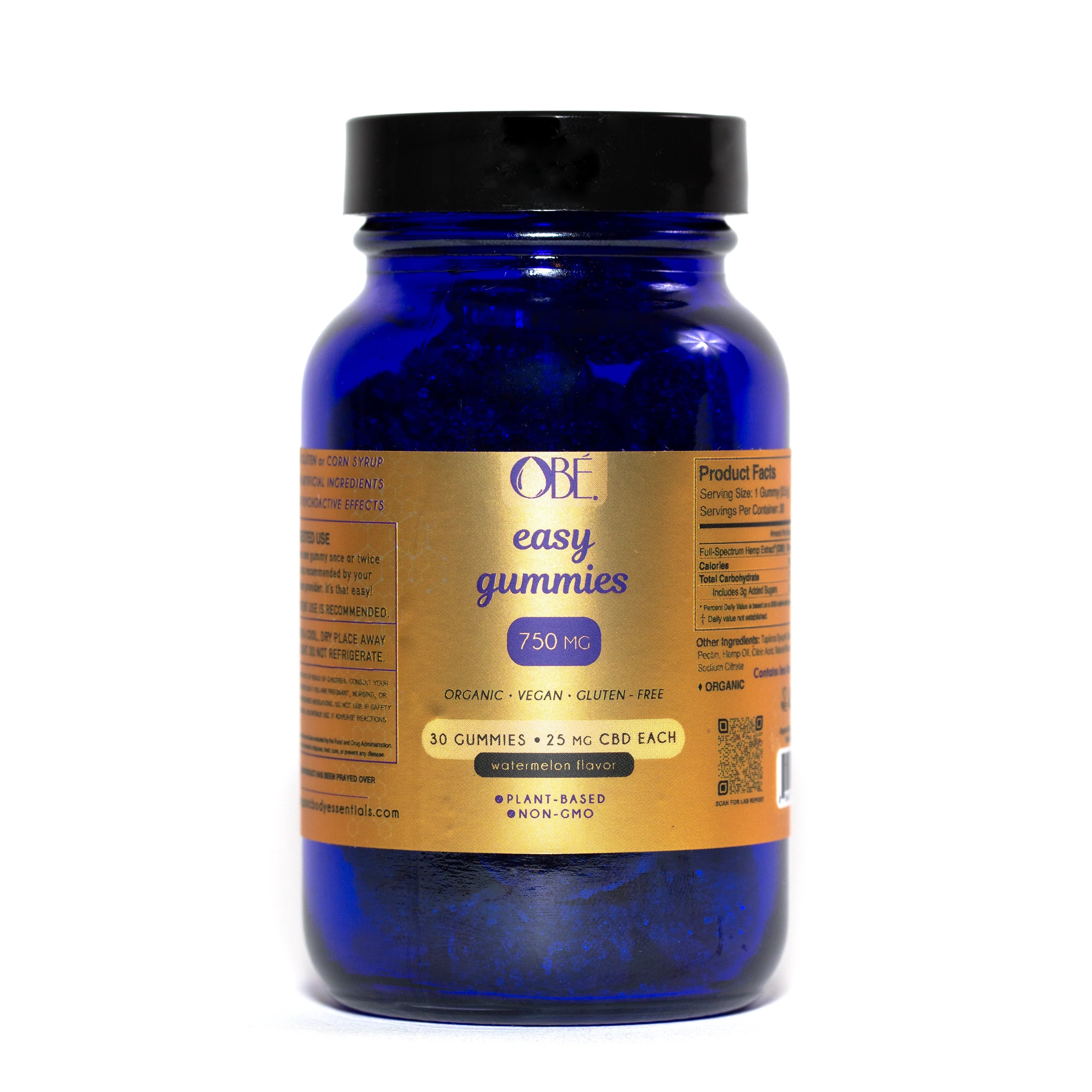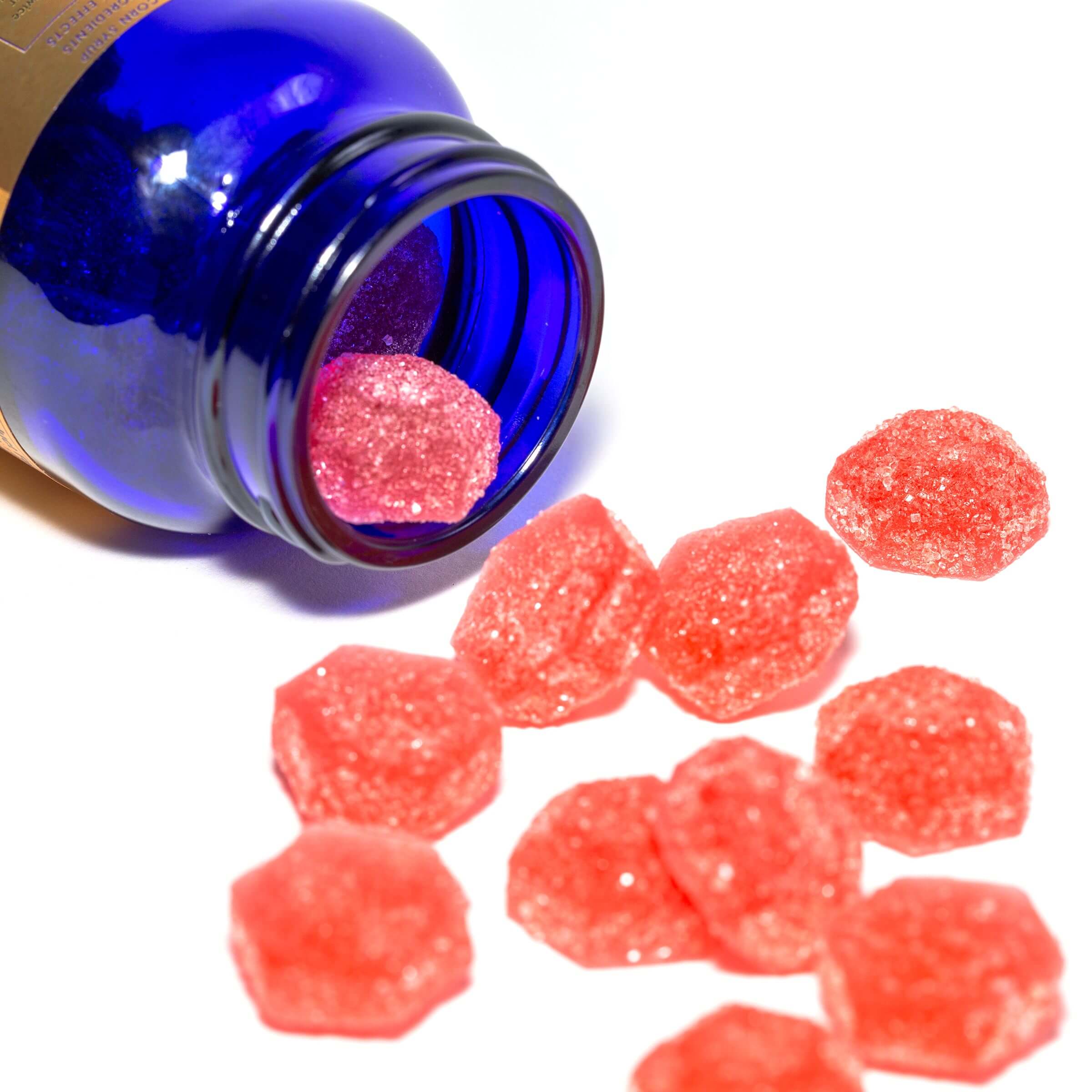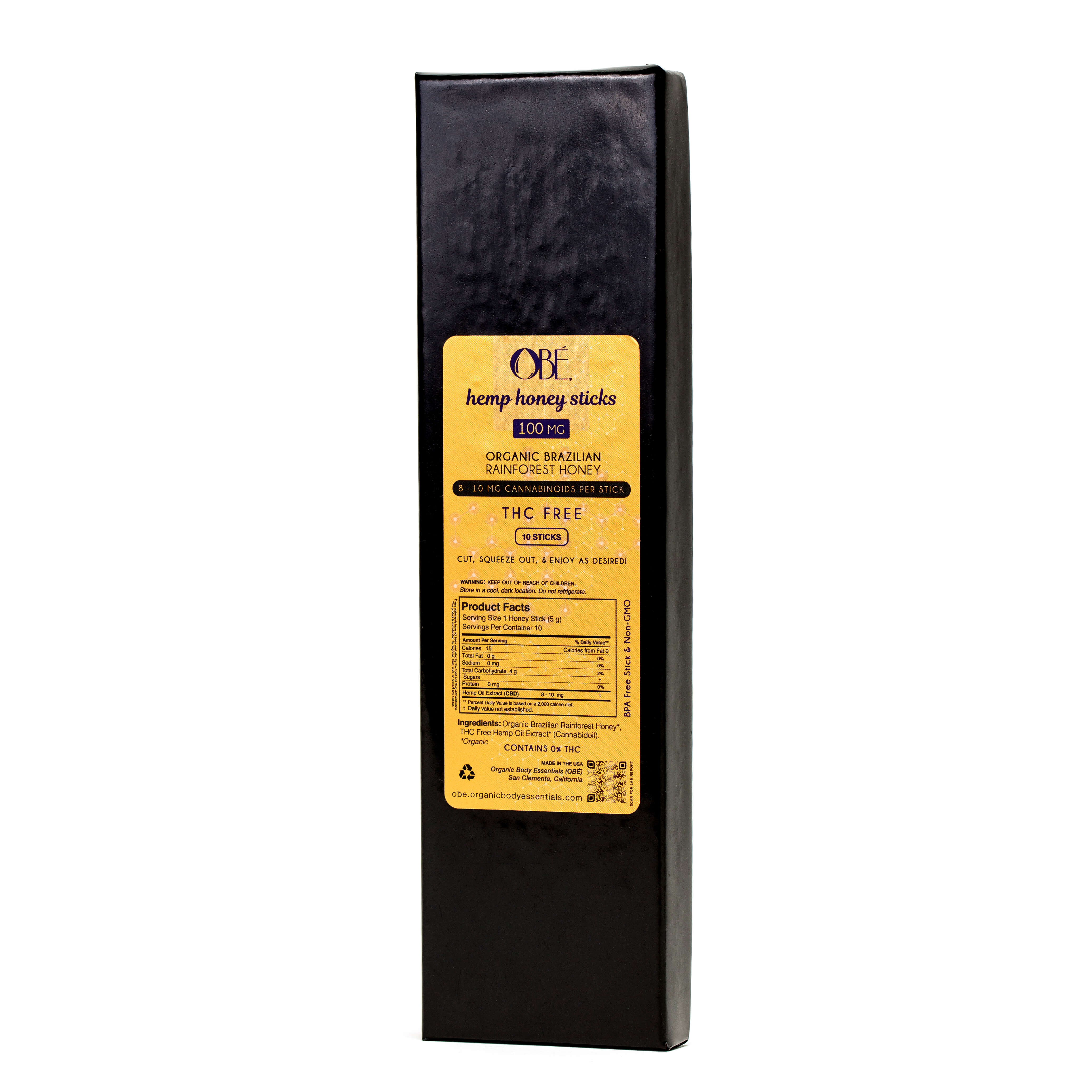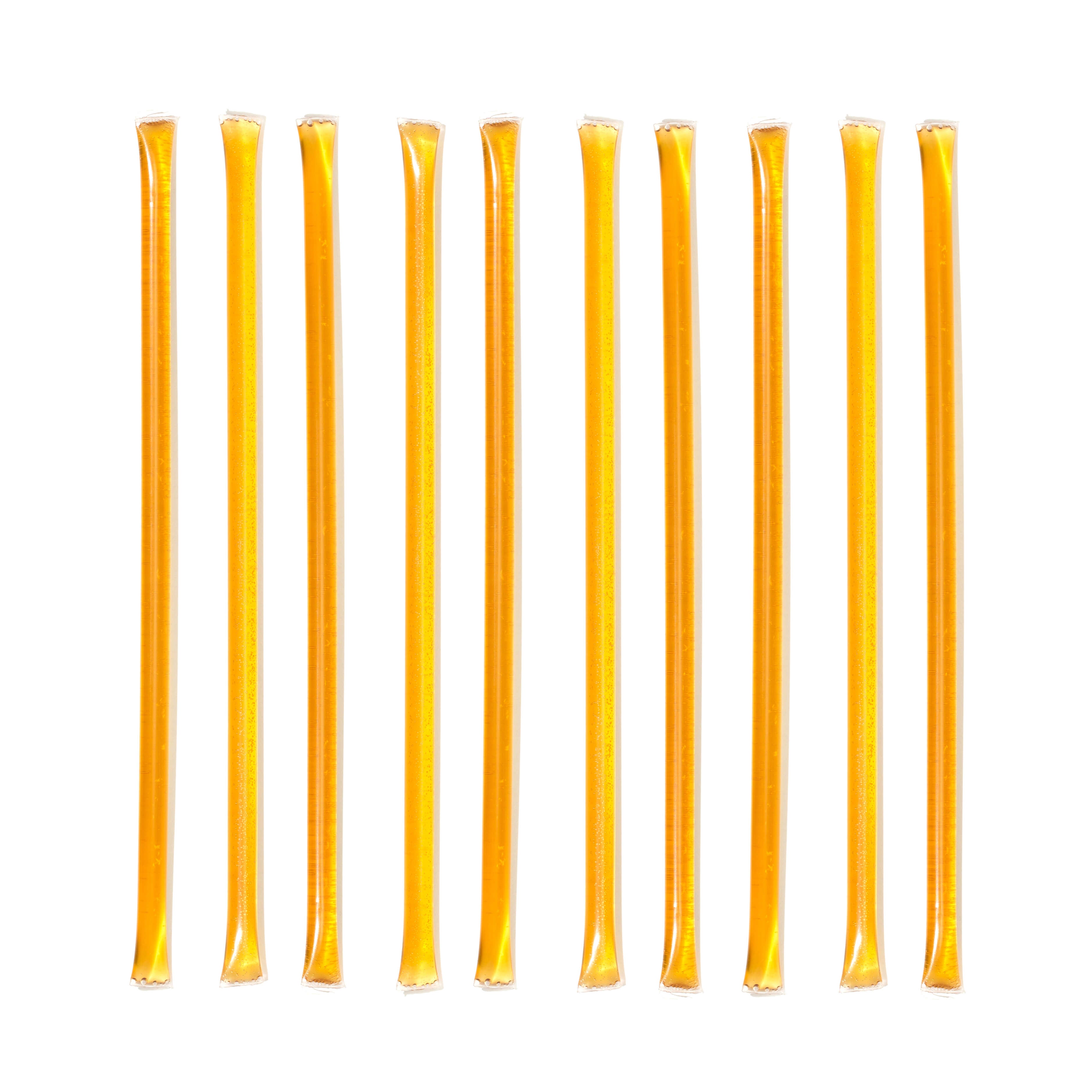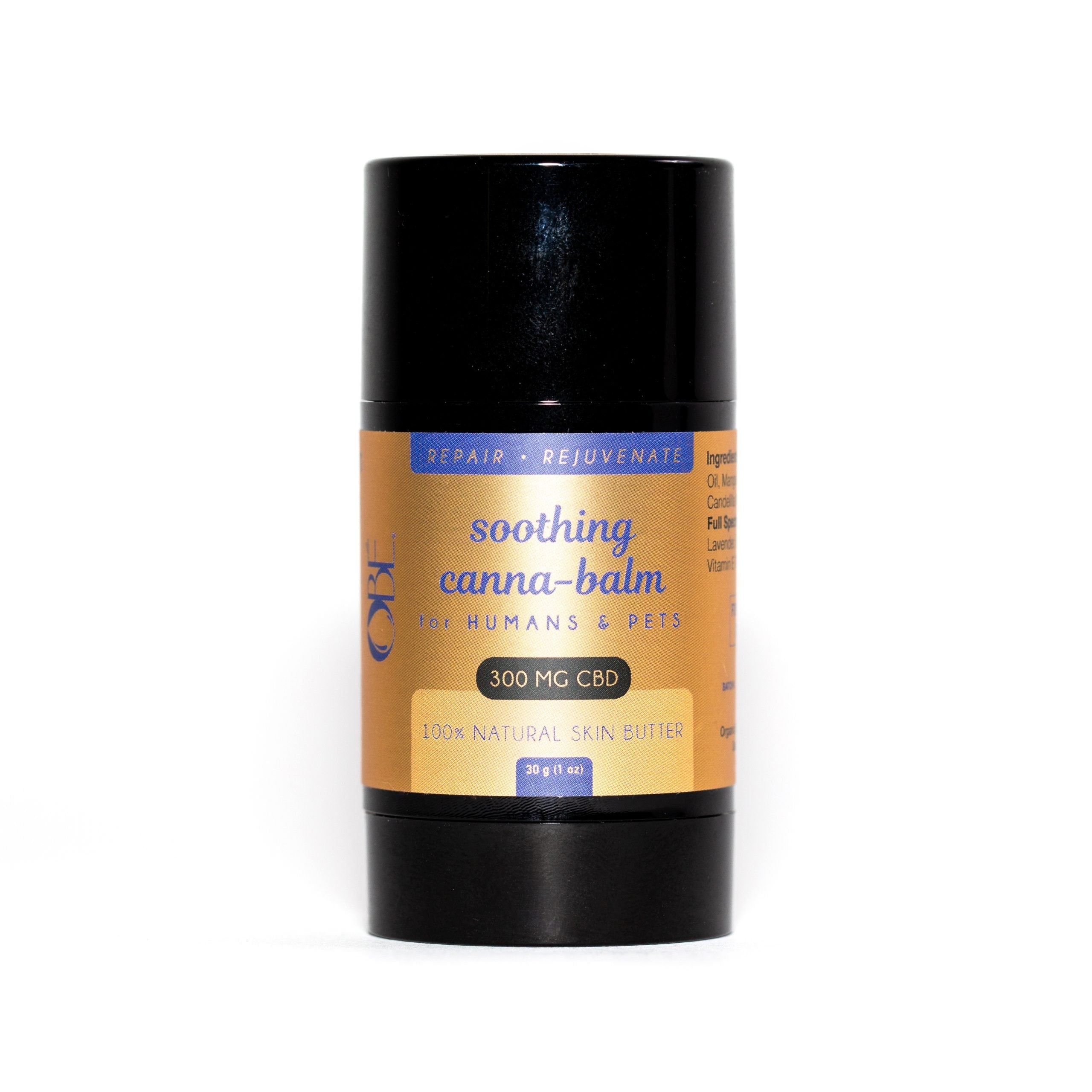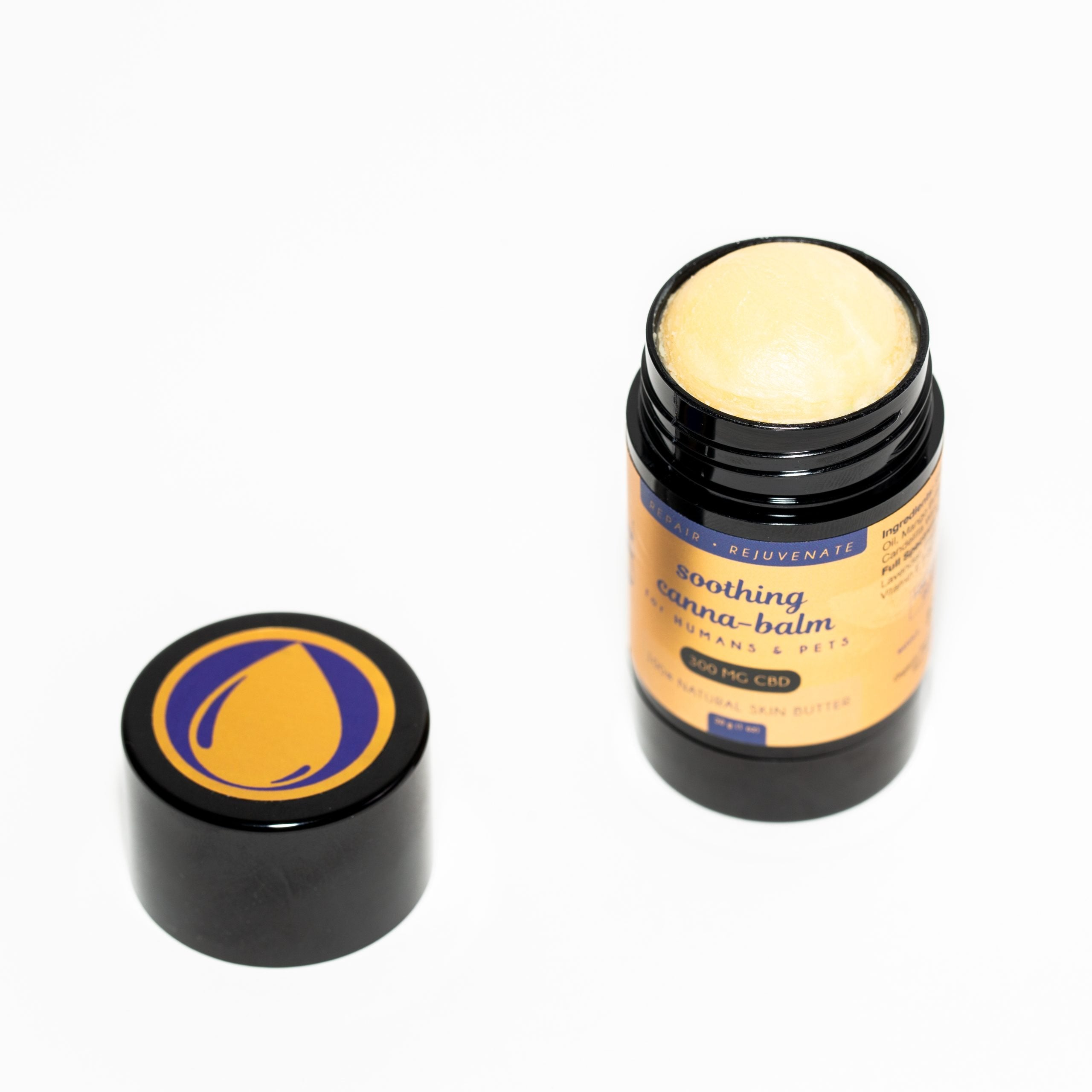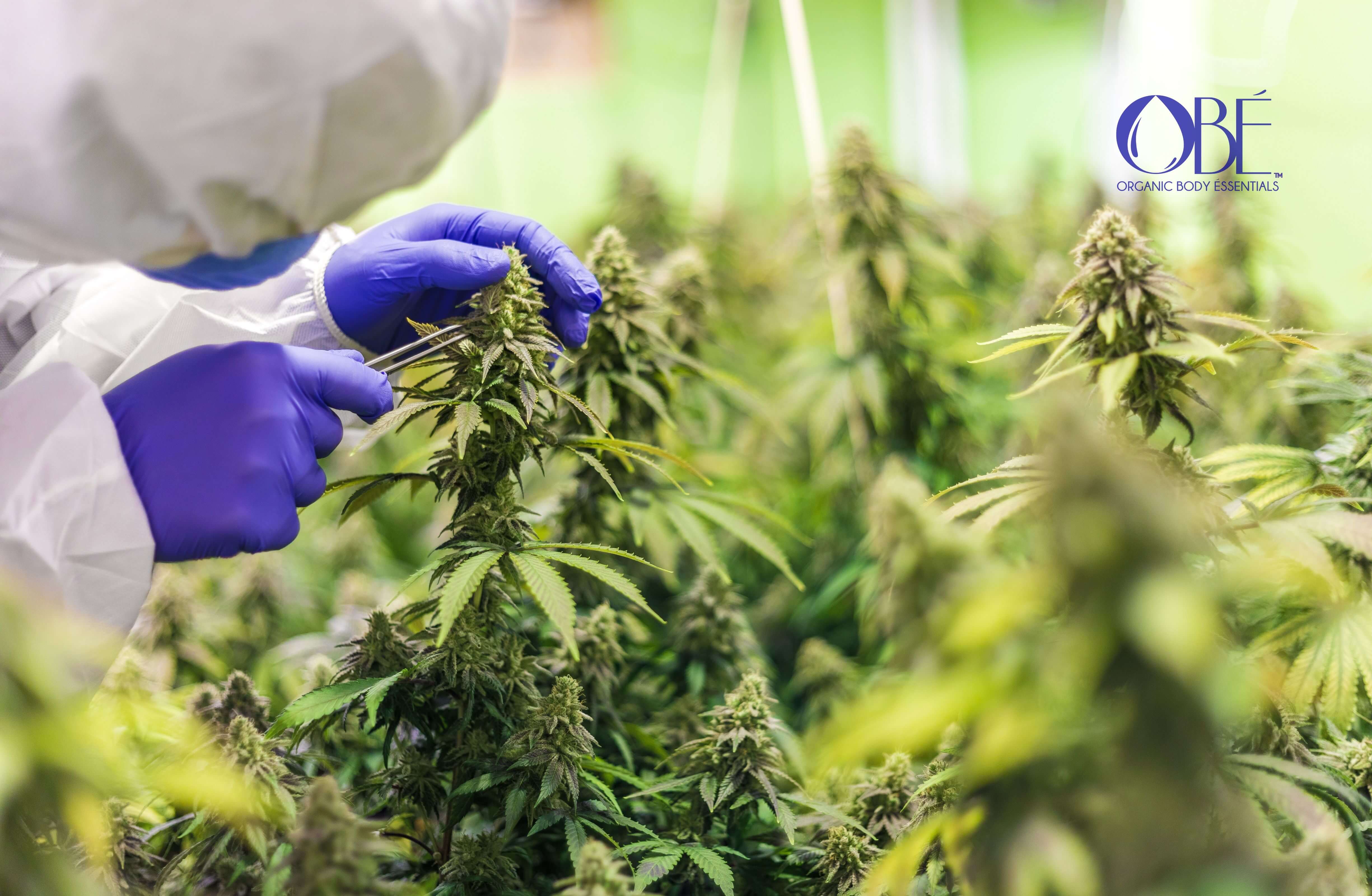Therefore, some employers enforce workplace drug testing policies, which may detect even small legal amounts of THC. For those who use CBD and other cannabis products and who just want the benefits of easing pain, lessening anxiety, and improving the sleep cycle, this might cause some workplace stresses... And that's not what we want! So, to avoid false positive drug test results and gain more knowledge about how hemp-derived products show up on a drug test, you must read on and gain in-depth knowledge about them in this article guide!
Don't Worry About CBD; It's THC That You Should Be Worried About.
When dispelling myths that revolve around CBD and drug testing, nothing is more reassuring than laying out the science and legalities that rule over CBD and other hemp products. Despite the developments, it's unfair that the potential of the Cannabis plant compound CBD is diminished because of its involvement in false positives. Should the many CBD users stop and find CBD alternatives instead? The answer is NO. You may still enjoy CBD without THC present. These drug testing scares are not threats to the whole CBD industry. Grand View Research reported that the global CBD market peaked at USD 7.71 billion in 2023. And it is said that the rise will continue, as many consumers still use hemp-derived CBD products as supplements. While there's only one CBD product approved by the Food and Drug Administration (FDA) for medical use, the hope is high that the Cannabis compound CBD can be a sought-after ingredient that will change the course of medical and wellness industries. Truly, it's a future without worries about an upcoming drug test!
-
CBD vs THC. A typical adult can enjoy CBD, or cannabidiol, anytime, whenever, as CBD is well-tolerated, safe, and most importantly, legal—as long as they're hemp-derived. CBD is the main non-psychoactive hemp compound that has been well-loved lately because of its many potential benefits. THC, or tetrahydrocannabinol, is the main psychoactive compound. It makes you high and makes you feel euphoric or lightheaded. There is no such thing as a positive CBD drug test—as it's THC that shows up on the usual drug confirmation results!
-
Hemp and Marijuana plants. 39% of Americans believe CBD is just another name for marijuana—which is wrong. The CBD you enjoy and buy online right now is sourced from hemp plants, not the marijuana variant. Marijuana and hemp are the same species. However, they differ in THC concentration. Hemp has less than 0.3% THC in terms of composition. Meanwhile, marijuana has significant amounts of THC. It's also worth noting that marijuana is only legal in certain states.
-
THC marijuana rescheduling. A recent update on the legality of CBD might help the worries of those who rely on the potential of CBD for their health issues! In January, the FDA recommended to the Drug Enforcement Administration (DEA) to reschedule marijuana from Schedule I to Schedule III. This means that more leniency and removal of some criminal penalties that involve the use of cannabis and CBD products might be possible soon.
Full-Spectrum CBD vs. CBD Isolate Products
There's no reason to stay away from CBD products completely! (Though this is the most recommended and safest road to take.) The thing is, you may still benefit from herbal wonder CBD without hurting your career. Some CBD products sold online have no THC at all. And some types of CBD products—even when you continue using them even when expecting a workplace drug test—don't let the THC reach your bloodstream. That's right, not all CBD products will show up on a drug test! Specifically, you may still enjoy the soothing effects of topical CBD oils and salves for any muscle or joint pain you're experiencing. So, for supplements, what should you choose? Should you go for types that have trace amounts of THC? or the purest CBD oil available?
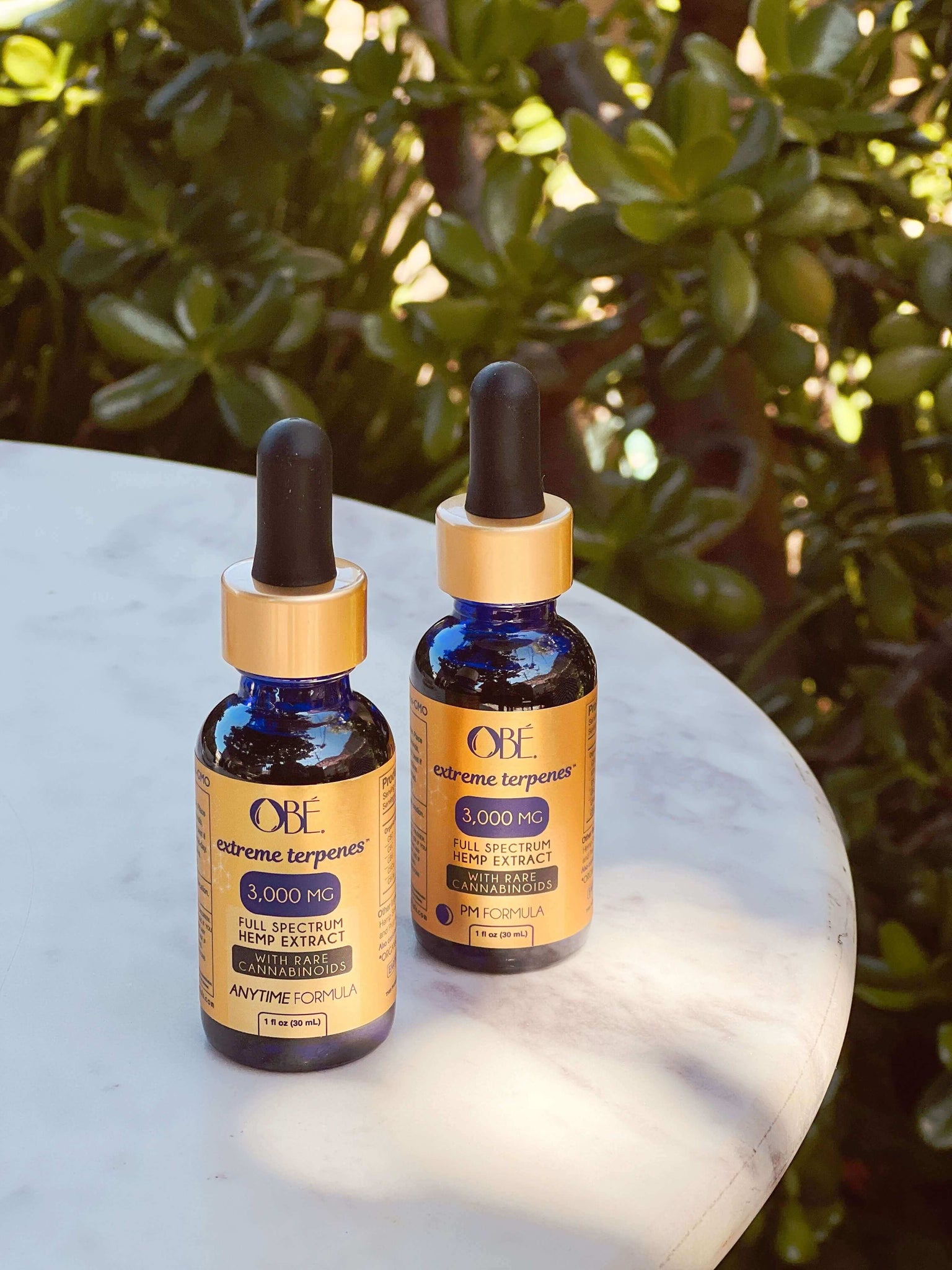
What type of CBD oil shows up on a drug test?
-
Full-Spectrum CBD - Be careful of adding full-spectrum CBD oil to your wellness routine! While they are highly recommended to achieve the entourage effect, full-spectrum CBD extracts are with terpenes, other cannabinoids, and less than 0.3 THC. Stay away from full-spectrum CBD products to avoid positive drug test results.
-
Broad spectrum CBD - Broad-spectrum CBD products still carry the optimal benefits of CBD and other plant compounds found in hemp plants but without the addition of THC. Based on broad-spectrum cannabidiol extracts sold online, the range is from zero to trace amounts of THC, so the likelihood that it shows up in a drug test is still there. Be careful!
-
CBD Isolate - When expecting a drug test, pure CBD isolate concentrates are your best bet. While may be expensive, you can make sure that there is no THC mixed in the concentrate. They are often in powder or crystal form.
Drug Test Results Vary Based on the CBD Administration
-
How To Treat Localized Pain And Still Avoid Positive Drug Test - There's a workaround! If you still want to use broad-spectrum or full-spectrum products for muscle aches and joint pains, you may continue slathering hemp-derived products on your skin. Topical CBD (and other hemp compounds) remain only on the skin surface (epidermis) and do not penetrate enough to reach your bloodstream—unlike transdermal CBD patches. So no matter how much THC you want infused in your CBD topical creams, you're free to do so, as you won't test positive!
-
CBD Oils, Sprays, or Capsule Forms - Many prefer sublingual CBD oil drops and oral CBD capsules or CBD gummies as they last from 30 seconds to one hour, respectively. But hold up! Consuming marijuana-derived CBD with highly potent THC might stay in your system longer—which is then detectable during drug tests. So, the rule of thumb: stay away from edible forms of CBD with highly potent THC (or even the vape ones)!

Why Does CBD Cause Problems During Drug Tests for Employees?
Drug tests detect THC and THC metabolites from the Cannabis sativa plant as they have psychotropic properties. Sometimes, THC metabolites remain, even though there is no recent use of marijuana or other derivatives. There's a lot to understand about how does CBD show up on a drug test—especially if the CBD product does not contain THC. Since the FDA is still building regulatory frameworks for CBD products, it might be difficult to confirm if the harvesting and refinement techniques in place for certain companies really remove all the psychotropic compounds. It pays to learn the basic details about the workplace testing you have to undergo, so you will be ready and avoid any false positive test result.
-
Why is drug testing important in the workplace? Drug tests encourage a safe workplace environment and induce consistently high performance. It depends on the company's policies and job requirements. The most common regular testing for employees is through urine drug tests. Few CBD companies have been sued because they've falsely claimed that they're CBD-only products—and thus have jeopardized their career.
How Long Does THC from CBD Products Stay In Your System?
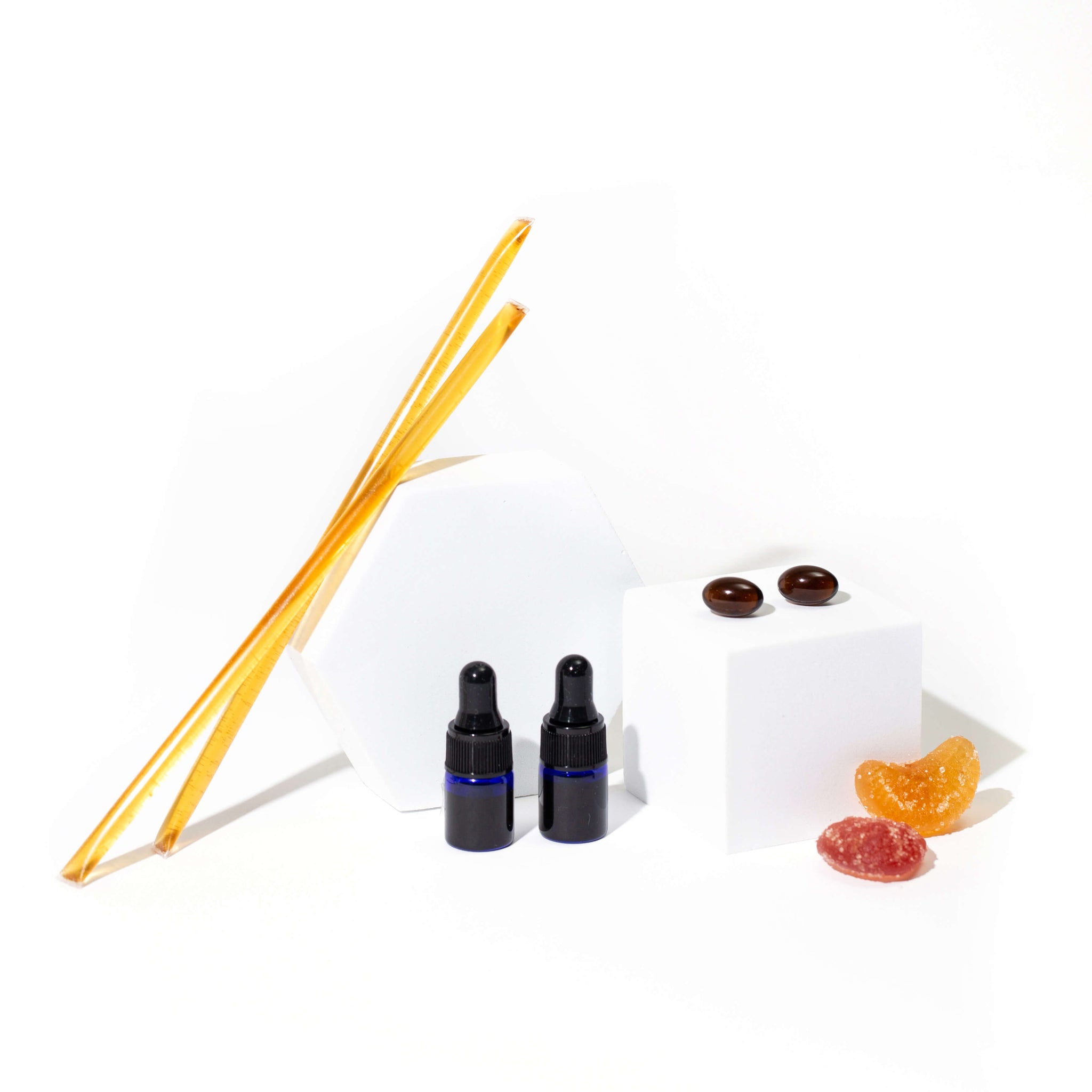
Taking CBD products might also result in a negative result—yes, it's possible! If the THC levels in your system are below the screen cutoff, it means you passed your drug test. As set by the US Department of Health and Human Services (HHS), the standard screen cutoff of THC is 50 ng/mL (nanograms per milliliter), while its confirmation cutoff is 15 ng/mL. Note that cut-off levels for THC vary depending on the type of drug testing that will be carried out. However, the duration window for the detection of THC varies depending on the analytical technique conducted.
-
Blood Tests - It only takes at least two hours to 24 hours for THC to be detected with a blood test. Since THC is highly lipid soluble, the fat cells in your blood quickly absorb it. These then ooze the THC through your bloodstream. Frequent marijuana use may cause THC to stay in your blood for up to 30 days.
-
Urine drug tests - Urine tests are the most common test for marijuana and hemp THC detection. THC's approximate detection time varies according to the frequency of use. For the following estimates lifted from research, THC was inhaled or smoked:
-
Single-use - three days
-
Four times a week, on average - five to seven days
-
Daily - 10 to 15 days
-
Chronic heavy THC user - over 30 days
-
-
Saliva Tests - According to research, oral fluid testing devices that identify driving under the influence of cannabis can distinguish between CBD and THC. Therefore, the possibility of oral CBD products causing a false positive test result appears to be low. How long does THC show up in saliva tests depends on how frequently you consume THC. The period extends as the concentrations get high or how potent the cannabis plant source is.
-
Moderate and occasional consumption - six to eight hours
-
Moderate but regular consumption - 24 hours
-
High concentrations daily - At least seven days
-
-
Hair Tests - Hair might be where THC stays the longest! The detection window during hair tests ranges from one to 90 days after the last use.
Tips On How To Avoid A Positive Drug Test Result
We've established that CBD isn't the culprit, that drug tests only screen for THC, and that most CBD is sourced from legal hemp... however, it doesn't mean that you're in the clear! While you're being safe and cautious about not taking any full-spectrum CBD, there are just some external factors that you must know. These tips and tricks might give you some peace of mind, and hopefully, get you a negative result!
-
Be wary of false advertising and mislabeling. This is the most likely culprit why CBD shows up on a drug test. Your THC-free CBD oil might have contained high amounts of THC. There are no absolute federal regulations yet about labeling. However, it may help if you verify through the Certificate of Analysis (COA) and, of course, buy from a reputable brand. Reading customer reviews may also help.
-
Pause on your CBD use. Based on the science-backed data we've gathered above, chronic user or not, it's best to abstain from CBD products that contain THC for at least 30 days before a scheduled workplace drug testing. Use hemp-sourced CBD isolate or 100% CBD oil and other CBD forms!
-
Avoid secondhand THC exposure. Secondhand smoke from any cannabis joint may still expose you to THC. Even infants and children are susceptible to it. It's best, if expecting your annual urine test, to avoid being near or staying in an unventilated room with people who smoke pot.
Conclusion: Will CBS Show Up On A Drug Test?
No, CBD doesn't. CBD is not listed among the compounds that most common drug tests look for. Most of the time it's THC metabolites. However, it may be possible that the use of CBD products with THC—broad-spectrum or full-spectrum—can cause a positive drug test result. So, when you regularly undergo drug tests from your employer, it's best to be cautious. As much as possible, follow our tips as there are ways to possibly relieve pain, and enjoy CBD through pure CBD that comes in edible, sublingual drops, or topical forms!
